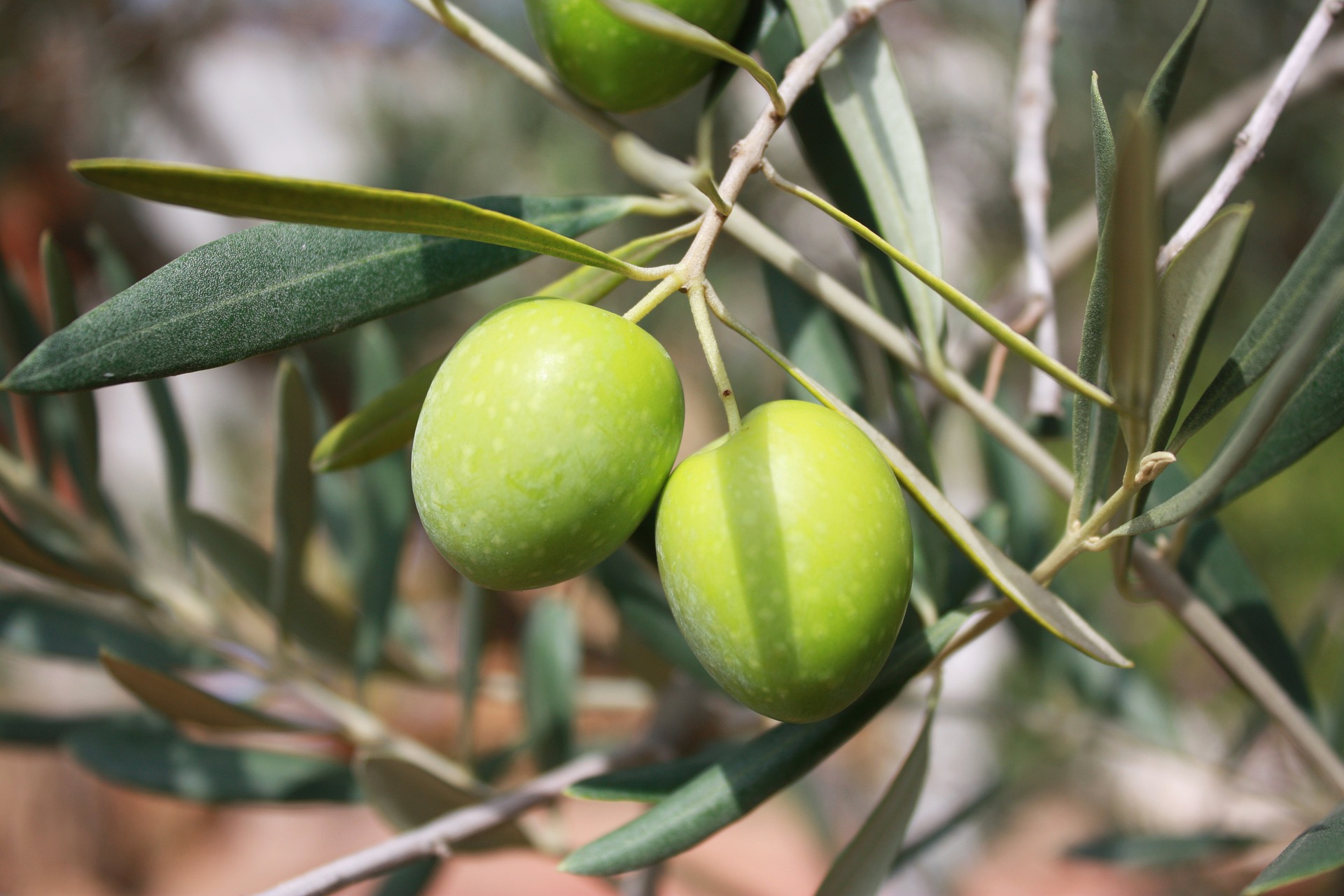March 3rd, 2022 - Sandi Chiavalon, one of Croatia’s leading olive oil producers, was looking to invest around seven million kuna into a new olive grove in Istria.
Renowned olive grower Sandi Chiavalon was planning to lease 30 hectares of land in the Vodnjan area, close to another large olive grove owned by Oio Vivo, where he would plant nearly 10,000 olive trees and hire four new workers to manage the operation.
As reported by Glas Istre/Bojan Žižović, his plans fell through. In a strange turn of events, the Ministry of Agriculture didn’t approve the decision of the City of Vodnjan to lease state-owned land to Chiavalon, whose oil is produced in Vodnjan and exported to 23 countries worldwide.
This is a major agricultural project which, according to Chiavalon, would be beneficial for the wider community, including the national and city budgets. The state, however, says that Chiavalon and other local farmers cannot lease more than ten hectares of state land at once, as stipulated by the City of Vodnjan.
The decision of the state comes off as petty, as consent could have clearly been given in this case. As Chiavalon explained, the City’s land management plan indeed states that up to ten hectares of land can be leased to one party, but exceptions are allowed as long as it’s a single plot - as is the case here. The land in question is a single plot of about 70 hectares, divided by the City into six agricultural units of which Chiavalon was looking to lease three.
In the tender, whose content was approved by the Ministry of Agriculture, it was stated that whoever applies for one plot can lease up to 40 hectares of land on the said plot. Now that the tender is closed, the Ministry changed the tune and said that a maximum of ten hectares can be leased on the plot in question. As things stand, Chiavalon’s choices are to either lease only ten hectares or abandon the project entirely.
‘They called us from the City to have us choose which of those three plots of ten hectares we would lease. That doesn’t come close to what I wanted to do here - introduce an automated system, a completely new technology for grove maintenance… The question is whether we will take those ten hectares at all, we have to make an economic analysis of whether it’d be profitable to do it all on a land of that size. There are various systems in olive growing nowadays; intensive groves are robotically managed and processed. But for something like that we’d need a single large plot of land. We currently own 68 plots at 12 different locations. In those conditions, you can engage in organic olive growing only conventionally. When you have a single block of land, so to speak, such as Oio Vivo, only then can you introduce modern automated systems’, said Chiavalon.

Asked whether there was a chance of him leasing more than ten hectares in this area in the future, Chiavalon said he might if a new tender was announced. ‘As we had to drop out, some other people would probably apply to get the land. However, the question is who can make it operational because it’s a considerable investment’, said Chiavalon.
The olive grower from Vodnjan would have doubled the count of his olive trees if he got the lease he was going after. He currently owns 30 hectares of land, but as mentioned above, split between 12 different locations, which results in production costs 20 to 30 percent higher than if he were to cultivate a single parcel of that size.
He says there’s always the option to increase their output by purchasing produce from other farmers, but they want to grow as much of their own produce as possible.
Asked who was to blame for what happened, Chiavalon said the problem might lie in the lack of communication between the Ministry and the City of Vodnjan. ‘But the City did not come up with the tender out of thin air, it had to do so with the consent of the Ministry, whose clerk then said it wasn’t implemented well. If it had come to another clerk, it would have probably passed.’
He also pointed out that the laws concerning agricultural land keep changing and aren’t implemented efficiently. ‘This tender was announced a year and a half ago and was not completed in that time. In the meantime, the plot could have been cleared and a new grove planted. In 20 years, there were only three tenders for the lease of state-owned agricultural land, which is a disaster’, he said, adding that at least one tender should be announced every year given how much uncultivated land there is in the area. ‘There are more than 3,000 hectares of uncultivated land in Vodnjan. There’s plenty of land for everyone who wants to work in agriculture. You just need to have the resolve’, said Chiavalon.


